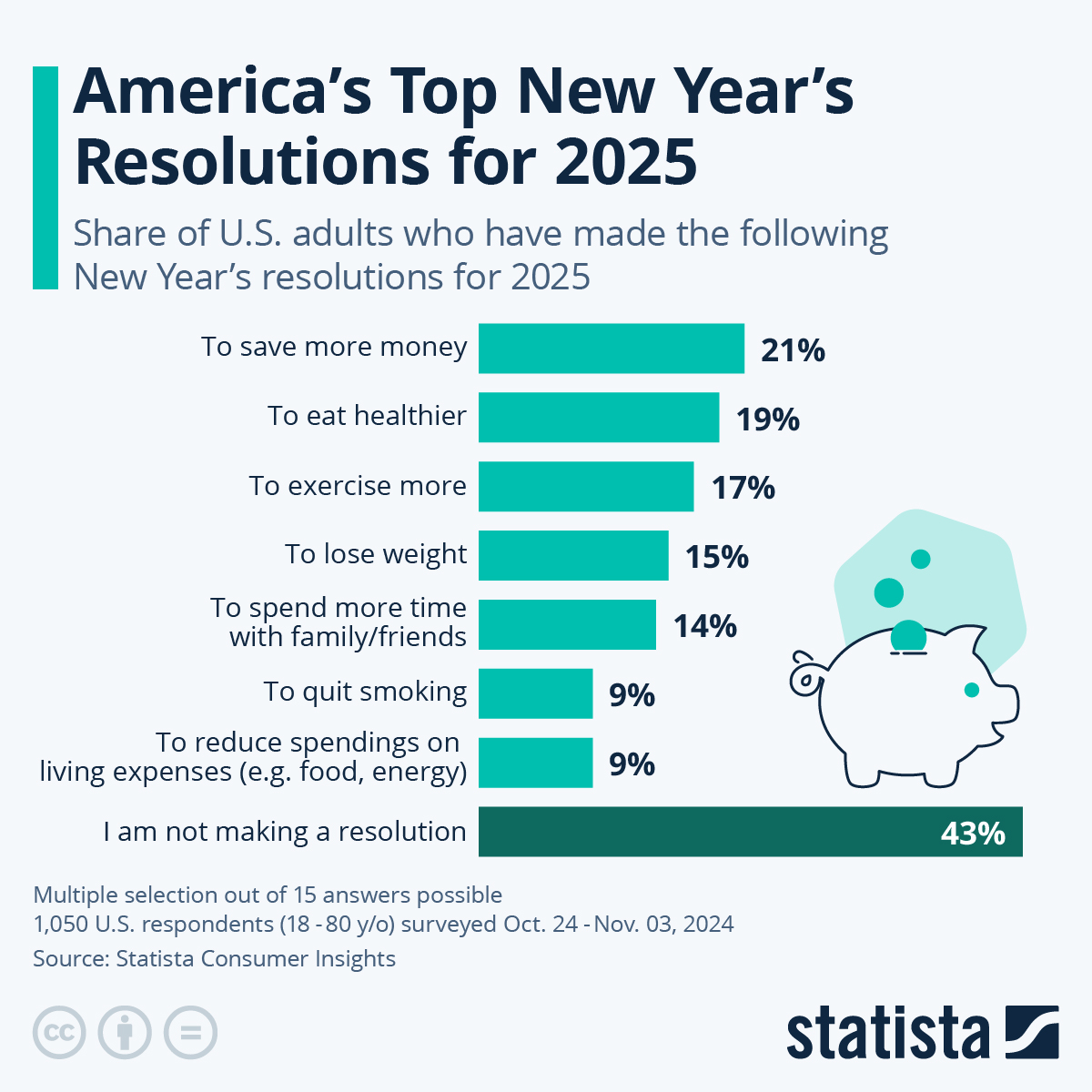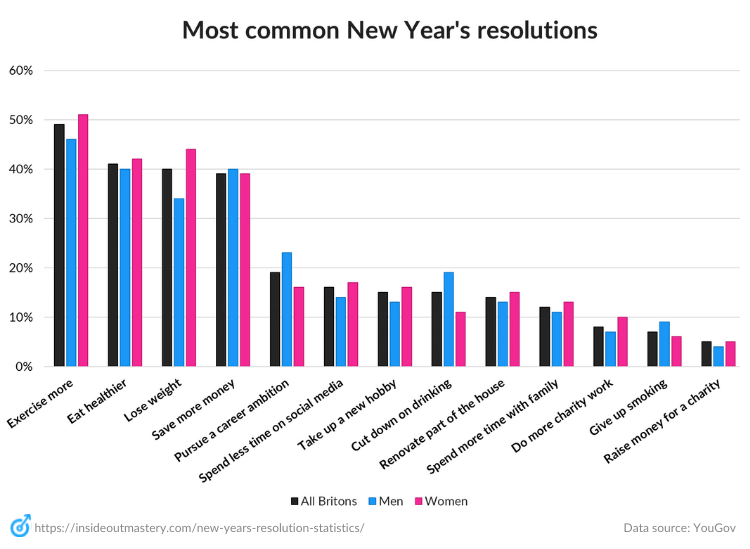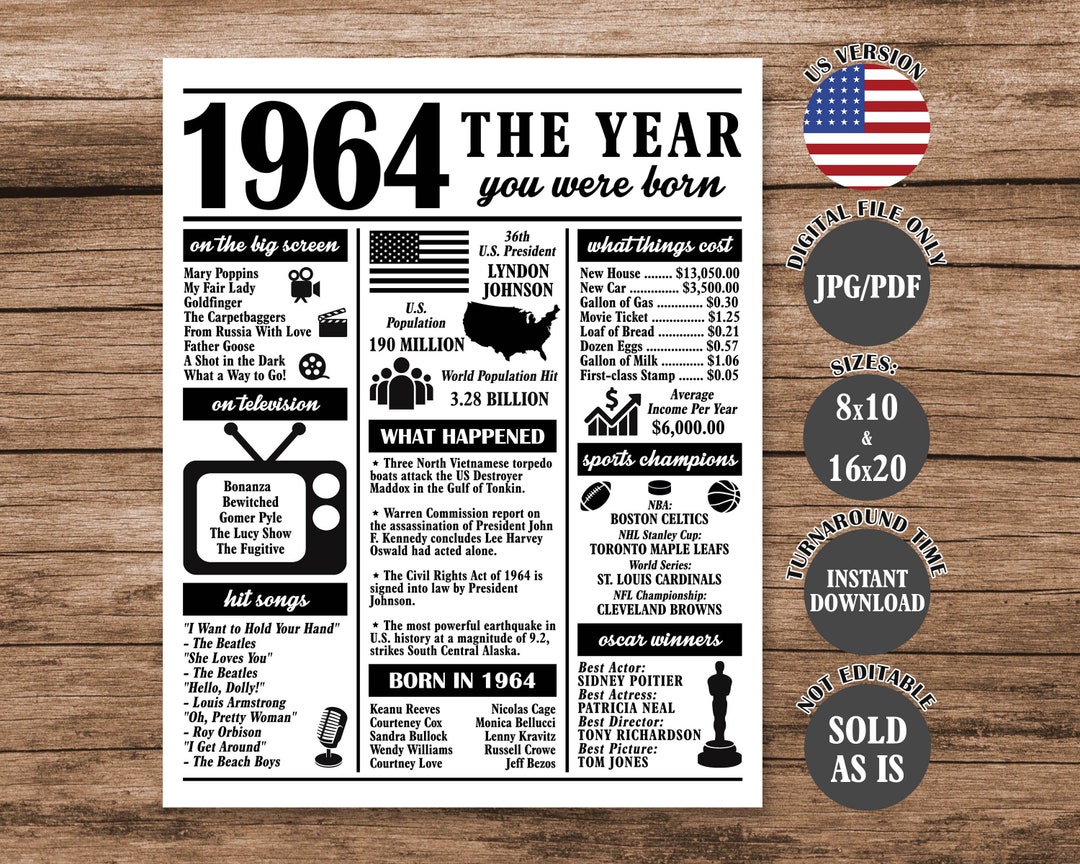Gallery
Photos from events, contest for the best costume, videos from master classes.









:max_bytes(150000):strip_icc()/how-to-keep-your-new-years-resolutions-2795719-v2-4f599effeaca4f5685e9f29a64561c02-a1cd8da001524ee4b2bc56e7ed785471.png)


Research reveals that in 2023, less than one in five people (19%) set resolutions. Younger people are most likely to set New Year’s resolutions, with more than half of those aged 18-34 Londoners are the most likely to set a New Year’s resolution for 2025, with an impressive 87% making some kind of goal for the New Year. They are followed by residents in Northern Ireland, with 84% setting a resolution, and those in the North West of England, with 76% setting a resolution. More than two thirds (67.75%) of UK adults plan to make a New Year’s Resolution for 2024. Whilst 32% of people say they have no plans to set a New Year’s Resolution. Slightly more women than men plan on making a New Year’s Resolution, with 68.8% of women and 66.6% of men saying they have plans to do so for the new year. UK consumers were asked what their New Year's resolutions are. During the survey, 48 percent of the respondents said that one of their New Year's resolutions is to save more money. A new YouGov survey shows that 16% of Britons intend to make a New Year’s resolution for 2024. Younger Britons are especially likely to set some goals for next year, at 29% among the 18-24 year olds and 22% among 25-49 year olds. Higher interest rates actually made households better off in 2023 – higher returns on savings outweighed higher mortgage bills, raising household incomes by £16 billion. But the reverse will be true in 2024, as 1.5 million mortgagors see their annual bills rise by an average of £1,800. A recent survey has found that this year (2023) 30 million people around the UK will have made new year’s resolutions, with health (28%), money (27%), family (24%) and self-improvement (21%) topping the charts for the most common resolutions. According to a new survey by YouGov, 27% of Brits will be doing this and at the top of the list for the largest share of people is the classic 'more exercise /improving fitness' - 47 percent Health dominates the top three goals for the new year. Roughly half (47%) of all Brits say they want to improve their physical health in 2023 and another quarter (28%) say they want to better their mental health. Millions of forward-planners have made their New Year’s resolutions – with making changes to support family and communities one of the stand-out themes for 2022. 15 Fun Facts About New Year’s Resolutions 1. Thank the Babylonians. It was over 4,000 years ago when the Babylonians were trying to be better people in the new year.. The deeply religious resolutions made during the celebration called Akitu, were a re-commitment to God. 38.5% of US adults set New Year’s resolutions every year. 59% of young adults (18-34) have New Year’s resolutions, which makes it the largest demographic that sets these goals. 48% want to exercise more, making it the most popular New Year’s resolution. The top 3 are all health-related. The making of resolutions at the start of a new year dates back to ancient Babylonians around 4,000 years ago. They would promise their gods to pay debts they owed and return borrowed objects in the coming year. Around 40% of people worldwide make New Year’s resolutions, although intentions vary As we bid farewell to 2022, many Britons will be taking the opportunity to make some New Year’s resolutions. A new YouGov survey has revealed that one in five Britons (21%) say they will make a New Year’s resolution for 2023, compared to just one in seven (14%) who say they made a resolution for 2022. The annual tradition of gathering in Times Square for New Year's started as a party to celebrate the opening of the New York Times building in 1904. Over 200,000 people attended. Over 200,000 A new survey from Forbes Health/OnePoll of 1,000 U.S. adults (conducted on Oct. 23, 2023) looked at Americans’ attitudes surrounding resolution setting and what types of goals were prioritized. Ah yes, New Year resolutions we don’t keep 12. New Year resolutions. Almost half of Americans will make New Year resolutions. However, only a third will actually keep all of their resolutions. The average American will keep their resolutions for just 36 days. Around two-thirds of Americans will set financial goals for the new year. The global sequence of New Year’s Eve celebrations is pretty easy to work out when you look at a map. Countries to the west of the longitudinal dateline are going to experience the New Year first! 18. What are your resolutions? New Year’s resolutions are fairly common all over the world. Here are 50 fun New Year's trivia questions with answers, covering New Year's Eve trivia for parties or just to quiz yourself. Question: What was the most popular New Year's resolution back in This lines up with previous YouGov data: in 2017, the organisation found that by 6 January one in five Brits had already failed their resolutions. How To Write A New Year’s Resolution. If you want to make – and stick to – a New Year’s resolution, it’s not as simple as plucking a desirable attribute out of thin air and running with it.
Articles and news, personal stories, interviews with experts.
Photos from events, contest for the best costume, videos from master classes.









:max_bytes(150000):strip_icc()/how-to-keep-your-new-years-resolutions-2795719-v2-4f599effeaca4f5685e9f29a64561c02-a1cd8da001524ee4b2bc56e7ed785471.png)

